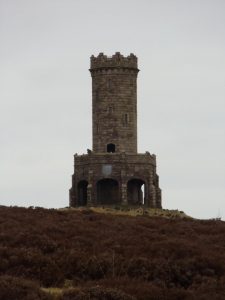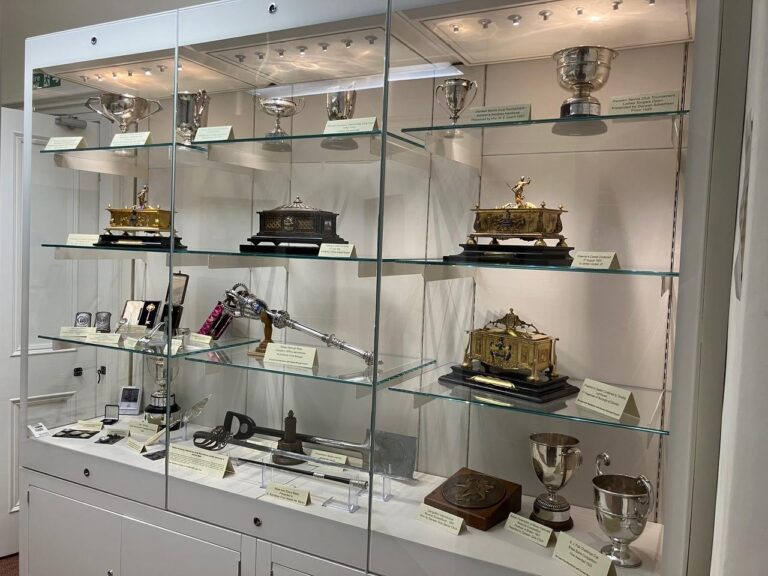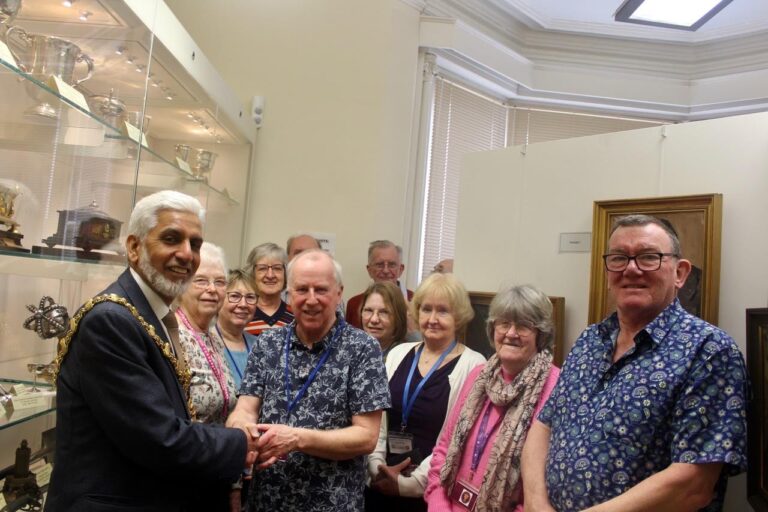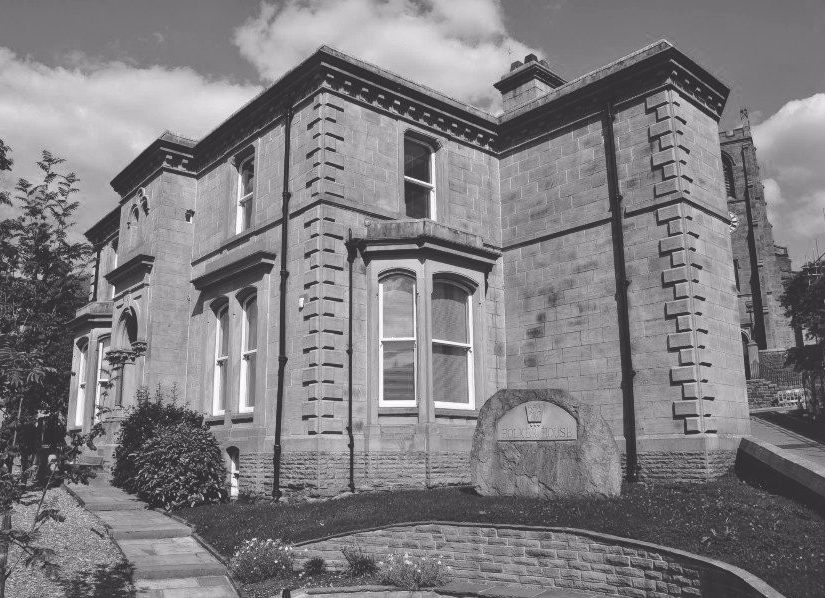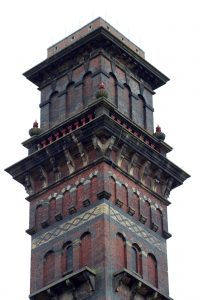The town is nestled in a valley overlooked by the Victoria Tower, or Darwen Tower as it is more commonly known. Families and visitors walk the moor to this famous landmark for the breathtaking views, whilst down in the town the Grade 2* listed India Mill Chimney rises magnificently 300 feet into the air in the style of an Italian campanile, (bell tower).
